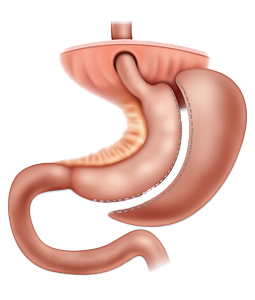Gallstones are hard deposits usually found in you gall bladder due to supersaturation of bile pigments, cholesterol and calcium salts.
Why do I get pain from my gall stones?
Gall stones by themselves do not cause pain. However when gall stones block the entrance to the gall bladder this results in pain. If this blockage resolves spontaneously the pain settles down. This is called biliary colic and can trouble patients intermittently often for months.














